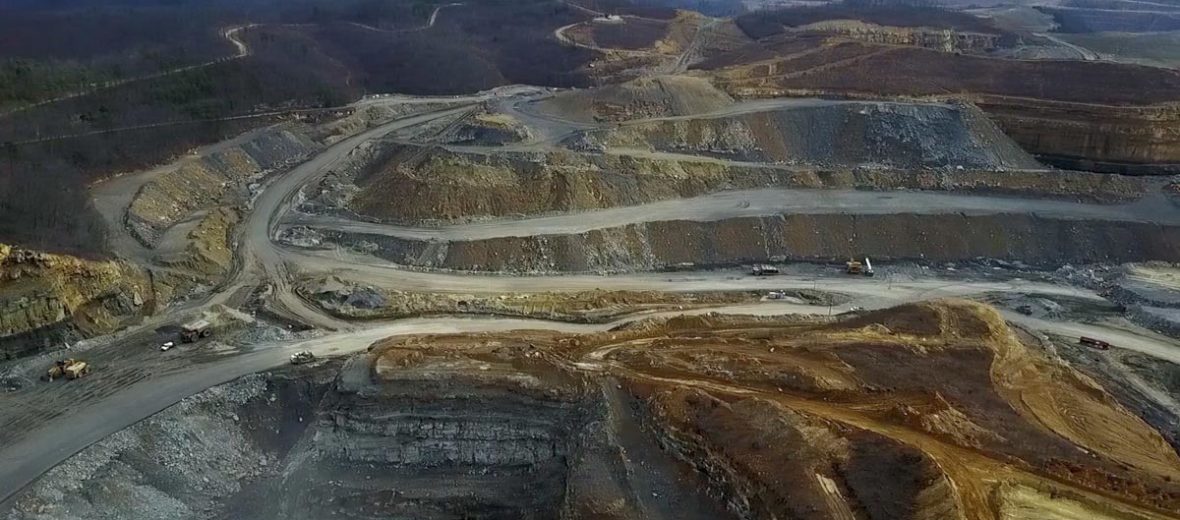
Across the nation, we are experiencing the impact of coal’s decline and while we work towards transitioning to a cleaner, healthier future for our communities we will also have to grapple with how to repair the immense damage left behind. As demand for coal declines the number of bankruptcies increase, threatening to leave a heap of large-scale environmental cleanup projects for states to fund and manage. Given our inadequate bonding system, this hasn’t been difficult to predict, but it has been difficult to navigate.
Beginning around 2015, a slew of coal company bankruptcies imperiled reclamation on hundreds of mines, and highlighted the urgent need for bonding reform. In 2016, the federal Office of Surface Mining Reclamation and Enforcement (OSMRE) issued a policy advisory urging states to strengthen bonding requirements. Later that year, OSMRE announced it would pursue a rulemaking (a procedure by which an agency updates existing regulatory standards) towards the same ends. But with the arrival of the Trump administration, the agency rescinded the advisory, and appeared to abandon the rulemaking.
In 2018, on the heels of a US Government Accountability Office’s report urging Congress to eliminate self-bonding for coal mines, the Alliance for Appalachia released a report on the state of surface coal mine bonding in four Central Appalachian states. The report detailed the bonding programs in West Virginia, Virginia, Kentucky, and Tennessee, and recommended improvements that state and federal agencies should make to better protect communities and the environment. You can download the full report, as well as state summaries, here.
In 2020 we saw coal companies filing for bankruptcy nationwide at alarming rates. Coal is certainly on the decline, exacerbated by the Covid-19 Virus and competition from renewables and natural gas. We are now entering a predictable transition with unprecedented amounts of environmental damage to clean up and reclaim.
Earlier this year the Alliance for Appalachia’s Grassroots Enforcement Team along with Appalachian Voices started a listening project and have so far reached out 70+ members, allies, and partners to hear from people’s experiences, perspectives on the issue, and any solutions that can inform proposed changes. This month the Appalachian Citizen Law Center held a 2 part summit to focused solely on what partners believe OSMRE can and should do to address the crisis of coal bankruptcies in this country. The sessions were focused on determining a description of the problem, what OSMRE can do to address the problem, and if OSMRE can do this through policy guidance or if a rulemaking or regulatory change would be required.



Pingback: Fossil fuel giants, squeezed; cut corners and shaft workers, taxpayers – Extinction Rebellion Kentucky